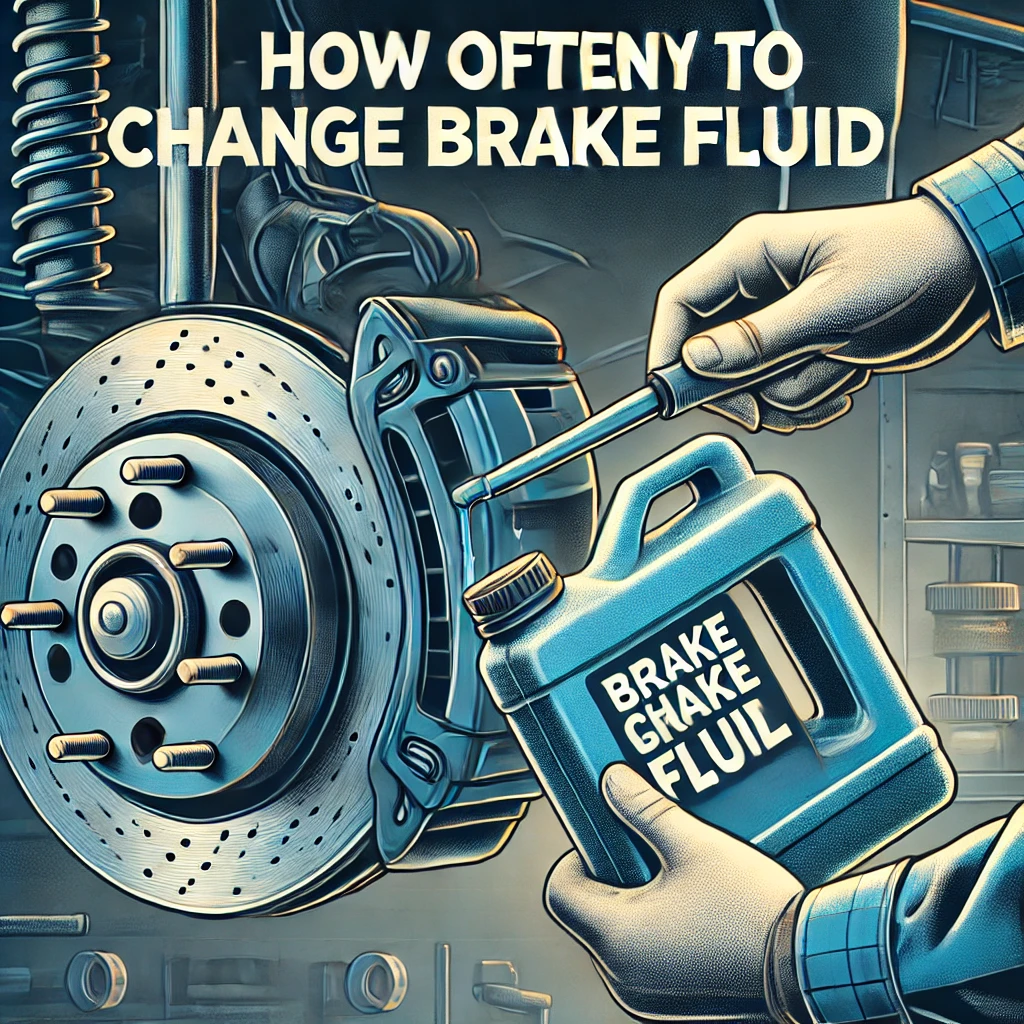Brake liquid is a vital element of your car, and brakes are an indispensable part of the automobile. The braking fluids are resistant to moisture that may lead to vapor lock brake failure, prevent corrosion, and withstand elevated brake temperature. Brake fluid may be considered a secondary factor that can be neglected because people pay more attention to oil change, air filters, and spark plugs as part of the routine maintenance. Being an educated consumer can go a long way when it comes to keeping your brakes, and overall vehicle, in prime condition to ensure safe driving. If you need more interested info like that visit quick guider.
One of the most neglected parts of the car is the brake fluid and its change; many only assume it does not have frequent servicing. Nonetheless, brake fluid is rather important in the preservation of your braking system. Depending on the manufacturer, the frequency of switching out brake fluid also differs and may be readily found in the owner manual. As an example, Mercedes-Benz recommends brake fluid replacement after 2 years or 20,000 miles which may change relying on driving.
Why change brake fluid
Brake fluid is a critical component in a car; another reason why we have to check it every now and then. Brake fluid resists water that amounts to vapor lock brake failure as well as corrosion and a high temperature. It takes moisture over time to cause corrosion, braking inefficiency, and possible brake failure. These problems can be stopped by a change of brake fluid every twenty four months or twenty four thousand miles but as always the manufacturers recommendations should be adhered to.
How often should you change brake fluid?
There is no single answer on how frequently brake fluid should be changed as it depends on a car brand, model, and the driving conditions but most manufactured suggest that it should be changed every 2 years or within 24,000 miles. The brake fluid should be periodically cleaned since it contains moisture that reduces the boiling point and hence loss of brake functioning.
Can brake fluid go bad in any other way?
Overheating causes brake fluid to boil when boiled it forms air pockets making the fluid compressible hence resulting to brake failure. This situation is common following excessive braking like when going downhill or under high-performance driving such that there is a soft feel of the brake pedal and weak braking power.
Brake fluid attracts moisture with time reducing its boiling point, besides, being inside the brake system, it causes internal corrosion hence, checking on the mood which may include burnt smell, dark color or sponginess of the brake pedal is important. Replacing brake fluids regularly, usually after every two years also helps keep it effective and avoid problems associated with moisture.
What Exactly is Brake Fluid?
The braking system in a car takes a brake fluid which converts force to pressure and the movement of the calipers pushing the pads against the rotor to slow down the car. Brake fluid cannot be compressed and is highly resistant to corrosion, as well as have a high boiling point so as to maintain the performance of the brakes.
With time, it soaks up moisture, and wears down over time, decreasing its effectiveness and requiring routine maintenance. To ensure proper braking efficiency and safety, it is fitting to check the brake fluid used and to replace it unless an manufacturer schedules say otherwise.
Why Does the Brake Fluid Need to Be Changed?
Brake fluid is incompressible and necessary for transmitting the pressure from the brake pedal to the brake, however it is also having a hygroscopic nature, suggesting that it could absorb the moisture from the atmosphere. This moisture can deplete the fluid’s boiling point to vaporize under strong braking conditions and possibly result in brake failure.
Moreover, polluted water can make the brake system form rust and corrosion, and then this will cause leakages and the wearing out of the brakes. Changing the brake fluid on a regular basis, even as recommended by the producer is helpful for not encounter these problems and to possess it shifting smoothly in braking when safe.
Conclusion
Brake fluid maintenance is extremely important in terms of providing an efficient and safe brake performance. Brake fluid also attracts moisture, and because of this, over a period, it can cause corrosion, diminishing the braking efficiency, and even brake failure. If you need info related How many hours is a month.
Brake fluid is supposed to be changed every two years or 24,000 miles but this is depending on the driving circumstances. Being knowledgeable and following the prescribed service schedule, drivers can avoid possible brake system mal-functioning and keep their vehicle safe on the road.
FAQS
Is a brake fluid flush really necessary?
Yes, a brake fluid flush is necessary because brake fluid absorbs moisture over time, which can lead to corrosion, reduced braking effectiveness, and brake failure. Regular flushing helps maintain the brake system’s performance and safety.
What happens if I don’t change brake fluid?
If you don’t change brake fluid, moisture buildup can lower its boiling point, leading to vaporization under heavy braking, corrosion of brake components, and potential brake failure. This can result in a spongy brake pedal, reduced stopping power, and costly repairs.
Can brake fluid last 10 years?
How do I know if my brake fluid needs changing?
You can tell if your brake fluid needs changing by checking for a dark or dirty appearance, a soft or spongy brake pedal, or a burnt smell when braking. Some vehicles also have maintenance schedules or sensors that indicate when a brake fluid change is needed.
